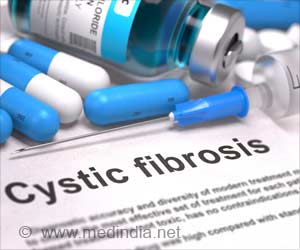Researchers developed 3-D models of lungs from stem cells, creating new ways to study respiratory diseases such as asthma.

TOP INSIGHT
Miniature lungs provide a human model to screen drugs, understand gene function, generate transplantable tissue and study respiratory diseases.
The numbers highlight the need for new, physiologically relevant models for translational lung research.
Lab-grown lungs can help because they provide a human model to screen drugs, understand gene function, generate transplantable tissue and study complex human diseases, such as asthma.
The researchers used numerous signaling pathways involved with cell growth and organ formation to coax stem cells -- the body's master cells -- to make the miniature lungs.
The findings, published in the journal eLife, suggest that scientists can now grow 3-D models of lungs from stem cells, creating new ways to study respiratory diseases.
Source-IANS
 MEDINDIA
MEDINDIA




 Email
Email






